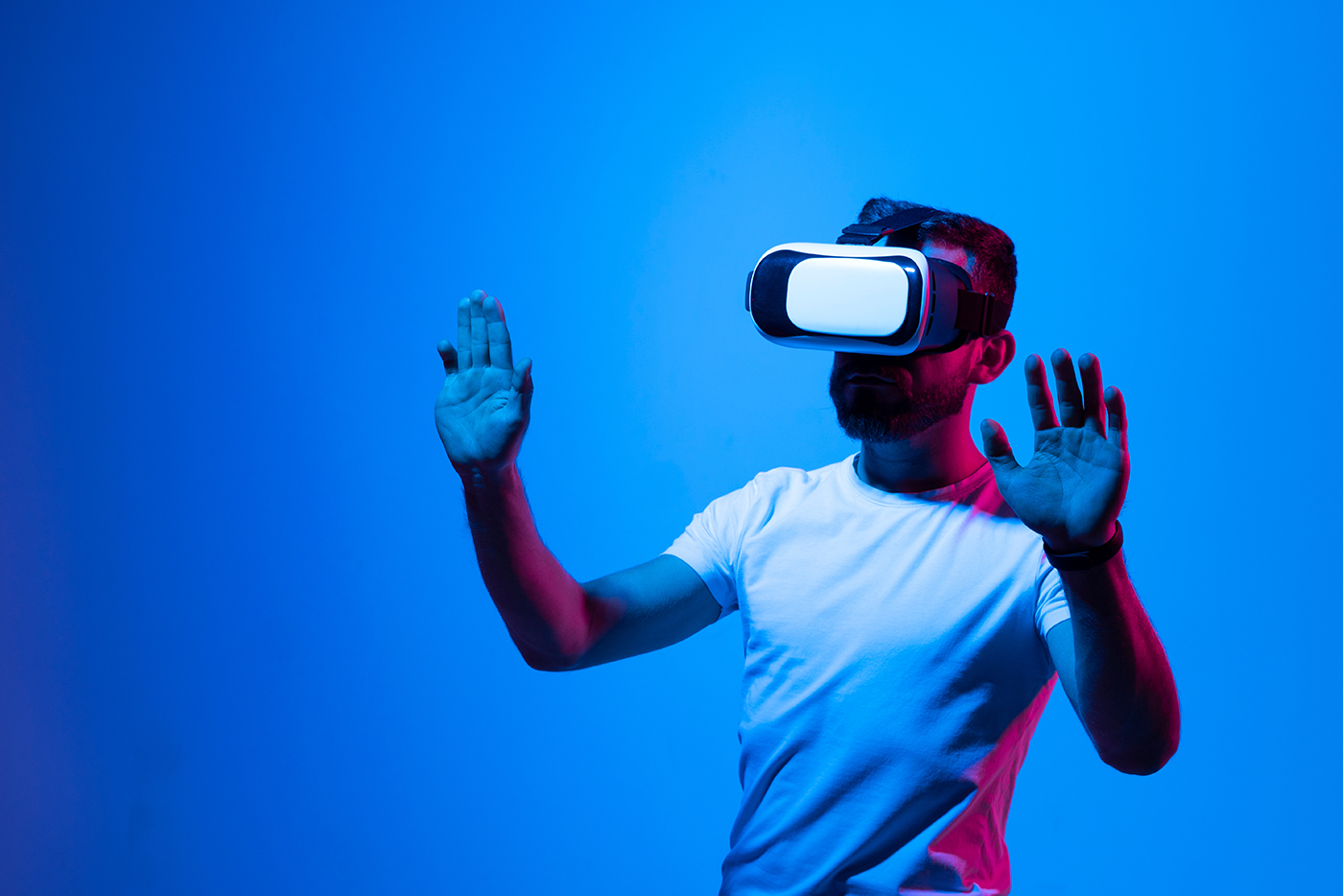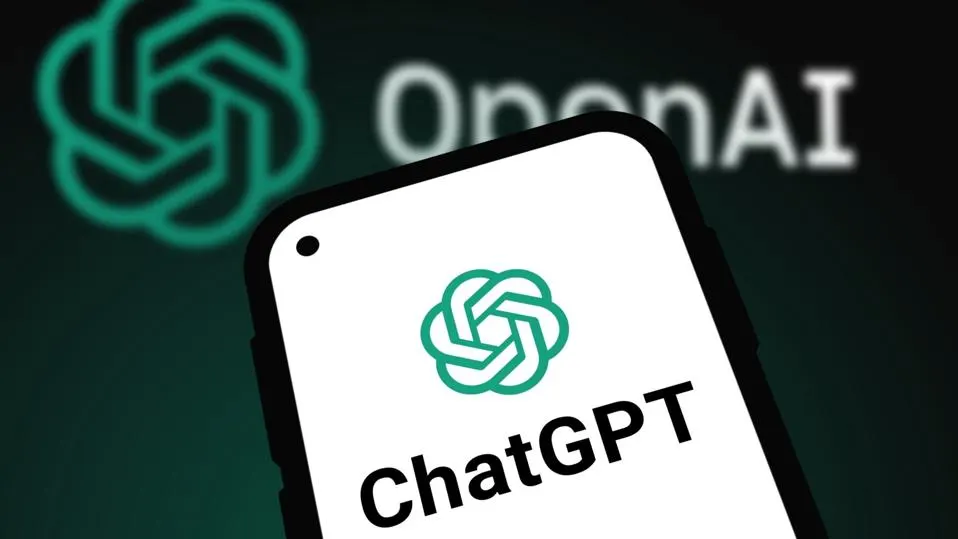How Will The Metaverse Transform Education, Teaching, And Learning?
25 April 2022
From fine arts to foreign languages to ancient history, the metaverse is poised to create more engaging, meaningful experiences for students of all ages.

The metaverse of the future – which will combine augmented reality (AR), virtual reality (VR), and artificial intelligence into one immersive imaginary world – has enormous implications for the development of educational technology.
The statistics are already in: Better technology improves students’ engagement and connection with material. The National Training Library found that learning retention for lectures is only 5%, and for reading, it's 10% – but for VR training, retention is a whopping 75%. That bodes well for the metaverse being a breakthrough technology for education.
Let’s look at some examples of how the metaverse is transforming education and training settings.
Cloud-Based Classrooms
Virtual classrooms in platforms like Virbela and Mozilla Hubs were already gaining traction before the pandemic and became a necessity as a place for students and teachers to gather online during lockdowns.
Virtual learning environments will allow students to log in from anywhere and enable teachers to customize their online classrooms for their lesson plans. For example, Roblox now offers Robolox classrooms that enable virtual learning experiences that take place within millions of user-generated worlds.
Augmented Reality (AR) in Education
AR technology in the metaverse allows us to create digital overlays on top of real-world objects in the classroom, turning all kinds of moments into opportunities for students to connect and engage at a deeper level with the material they’re studying.
For example, Froggipedia is a tool already being used in classrooms today. The hands-on AR experience lets students study the internal organs of frogs without actually having to do dissection.
The Big Bang AR app from CERN (the European Organization for Nuclear Research) is helping students study the origins of our universe and the secrets of physics and doing it in a way that is fun and accessible for kids.
Virtual Reality (VR) in Education
In theory, any skills that we “learn by doing” could be improved with immersive training, so the opportunities for VR in education in the metaverse are enormous.
Mondly is one of many companies that is already integrating immersive VR experiences into their training. Mondly’s VR app makes you feel like you’re in situations where you will need to speak another language, giving students the opportunity to “learn by doing” in a way that’s not possible with flashcards or rote memorization.
School field trips in the metaverse will be equally breathtaking. The sky will be the limit for students and teachers, as they'll be able to travel the world (and even across time and space) just by putting on VR headsets.
The VR Museum of Fine Art on Steam lets students view world-class works of art from their homes or classrooms – without the limitations of travel, crowds, or glass barriers. XR specialists Ximmerse have also created XR technology that lets teachers turn their classrooms into interactive museum experiences like Jurassic jungles and underwater seascapes.
Brookings Weighs In
The Brookings Institute issued a policy brief in February 2022 called “A whole new world: Education meets the metaverse” that addresses some of the biggest opportunities and challenges of education in the metaverse. The report says:
To leverage the potential of the metaverse as a 3D, global, interconnected, immersive, and real-time online space, we need new ways to connect the physical world with augmented and virtual reality (VR) experiences….we suggest a series of well-worn principles derived from the science of how and what children learn to guide the design of new educational technology.”
Clearly, some of the best minds in the world (in governments, in technology, and beyond) are thinking about the ways the metaverse will impact the way we educate and train students and adults in the future. To read more about the metaverse, check out the section on my website or have a look at my book Extended Reality in Practice: 100+ Amazing Ways Virtual, Augmented and Mixed Reality are changing Business and Society.
Related Articles
The AI-Powered Citizen Revolution: How Every Employee Is Becoming A Technology Creator
Something remarkable is happening in organizations around the world.[...]
11 Most Reliable AI Content Detectors: Your Guide To Spotting Synthetic Media
Since the launch of ChatGPT just two years ago, the volume of synthetic – or fake – content online has increased exponentially.[...]
6 Mistakes IT Teams Are Guaranteed To Make In 2025
The next wave of artificial intelligence isn't just knocking at enterprise doors - it's exposing fundamental flaws in how organizations approach technology transformation.[...]
2025’s Tech Forecast: The Consumer Innovations That Will Matter Most
Consumer technology covers all of the tech we buy to make our lives more convenient, productive or fun.[...]
7 Healthcare Trends That Will Transform Medicine In 2025
Healthcare has evolved dramatically in recent years, with technology driving countless new opportunities, just as demographic and societal factors have created new challenges.[...]
The Simple ChatGPT Trick That Will Transform Your Business AI Interactions
I believe ChatGPT and other generative AI tools can help pretty much any business.[...]
Sign up to Stay in Touch!
Bernard Marr is a world-renowned futurist, influencer and thought leader in the fields of business and technology, with a passion for using technology for the good of humanity.
He is a best-selling author of over 20 books, writes a regular column for Forbes and advises and coaches many of the world’s best-known organisations.
He has a combined following of 4 million people across his social media channels and newsletters and was ranked by LinkedIn as one of the top 5 business influencers in the world.
Bernard’s latest book is ‘Generative AI in Practice’.










Social Media